A recent Facebook post from the Nonprofit Technology Network pointed out the need to regularly get feedback. “It sounds like we need to spice up our 11NTC orientation webinars; Today we left the lines un-muted and overheard an attendee telling her co-worker “I’m on a webinar…no, I’m on mute…it’s boring.” Any suggestions?”
Ouch.
But kudos to NTEN for their openness in sharing and their desire to improve.
What would YOU hear if you overheard a donor talking about your organization?
Would you hear “I’ve sent XYZ a donation every year now for three years. The only time I hear from them is when they want money.”
 Donor centric fundraising is not about you. It’s about the needs of your donor. As Joanne Wallace put it so succinctly during a recent Twitter chat on donor-centric fundraising: “Donors don’t care so much about what we do. They care about what they can do through us. Donor-centric is remembering this.”
Donor centric fundraising is not about you. It’s about the needs of your donor. As Joanne Wallace put it so succinctly during a recent Twitter chat on donor-centric fundraising: “Donors don’t care so much about what we do. They care about what they can do through us. Donor-centric is remembering this.”
Early on in my own fundraising career — well before I’d taken any AFP courses, before I’d read any nonprofit development books — the great marketing classics navigated me through my first few years. And what I did in my initial two weeks on the job was to shape a hugely successful annual campaign.
I queried our database to find 20 most loyal donors – individuals who had given over a minimum of $100 every year for 7 to 10 years.
I drafted a simple letter of thanks for their continued support, along with an introduction, and a brief survey asking why they had contributed regularly for X number of years, and including a self-addressed, stamped return envelope.
All but two responded.
Several sent in substantial checks, although I had made no mention of money.
Their responses were illuminating. They were poignant and sometimes humorous. And they provided me with inspiration beyond measure.
Surveying your supporters doesn’t have to be the complex task many professionals will tell you it is. I put together my packet and sent it out in one morning.
As Dale Carnegie noted so many years ago: “if there is any one secret of success, it lies in the ability to get the other person’s point of view and see things from that person’s angle as well as from your own.”
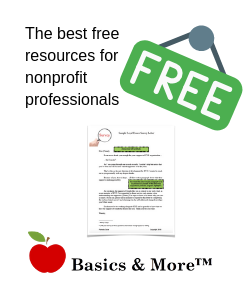
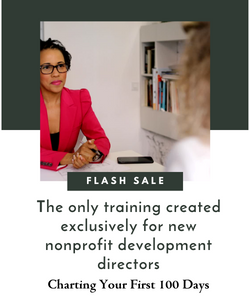
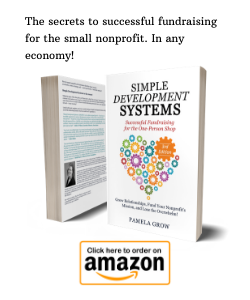
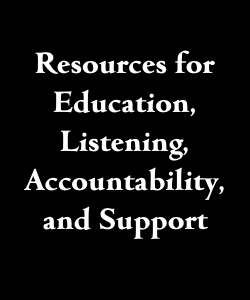



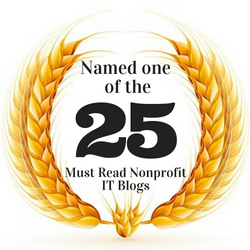




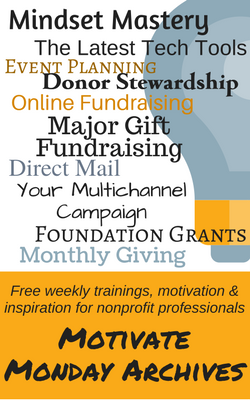


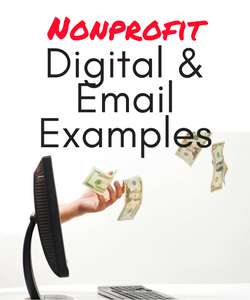

 I can’t wait to meet with you personally.
I can’t wait to meet with you personally.
Comments on this entry are closed.